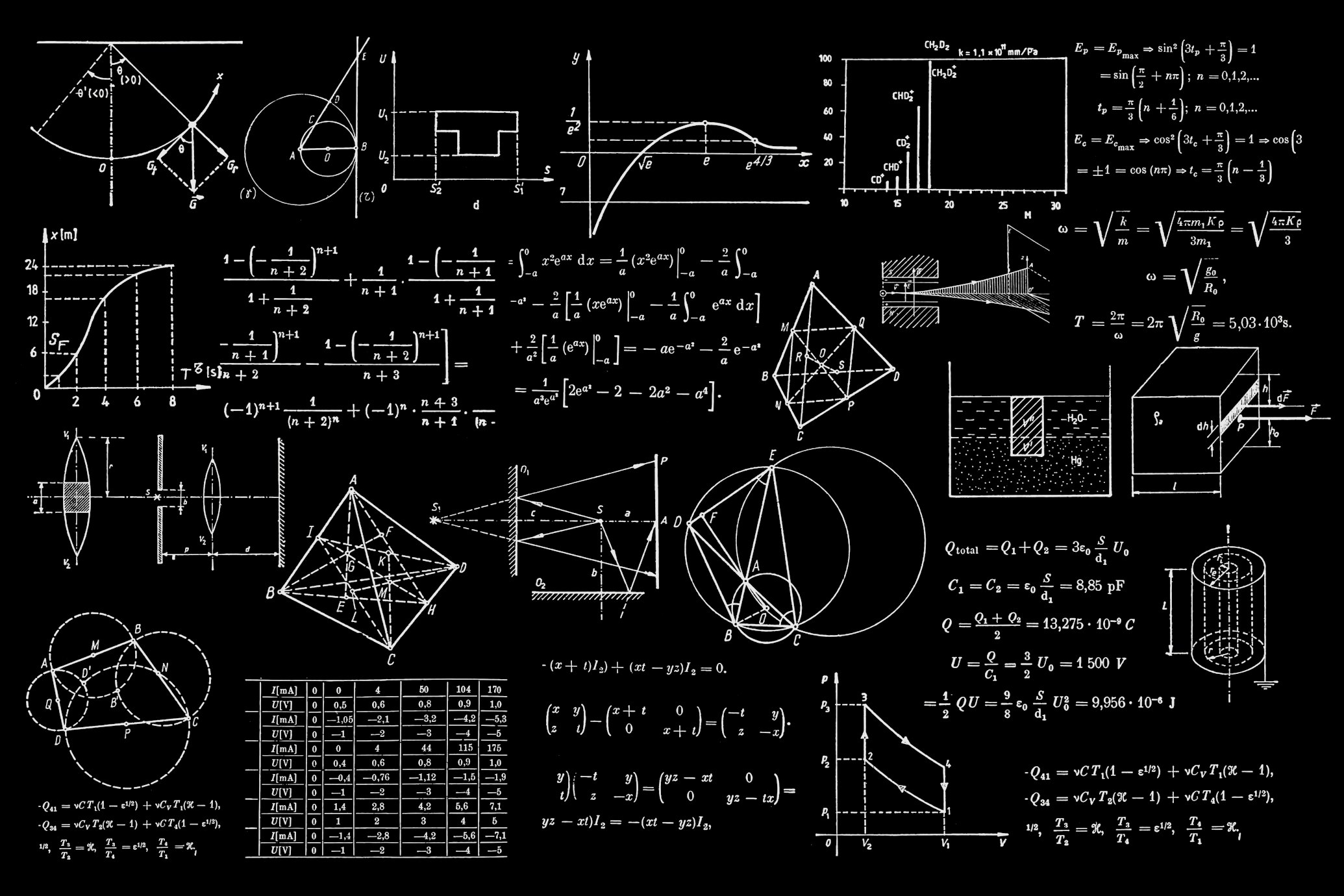Forthcoming Frontiers
The Science Books Redefining Our World in 2025
Article Navigation
Introduction: Mapping the Intellectual Landscape
The year 2025 heralds a renaissance in science publishing, with authors tackling humanity's most urgent challenges—from microbial threats to cosmic mysteries. These forthcoming books bridge cutting-edge research and public understanding, transforming complex theories into compelling narratives. They arrive amid a pivotal moment: climate disasters escalate, AI reshapes society, and breakthroughs in neurology offer hope against once-incurable diseases. This wave of knowledge isn't just informative; it's a toolkit for navigating our turbulent future 1 3 8 .
Infectious Diseases: The Unfinished Battle

Key Title: Everything Is Tuberculosis: The History and Persistence of Our Deadliest Infection by John Green
Green, renowned for his empathetic storytelling, dissects TB's grim legacy and modern resurgence. The book interweaves a child's struggle against the disease with exposes on pharmaceutical barriers to eradication. Green argues that TB's persistence stems not from scientific ignorance but from systemic inequities—a theme resonating amid ongoing global health crises 1 3 .
Neuroscience & Consciousness: Decoding the Brain's Black Box

The Mind Electric: A Neurologist on the Strangeness and Wonder of Our Brains by Pria Anand
Anand blends clinical cases with breakthroughs like the "neurobiotic sense"—a newly discovered gut-brain pathway where colon cells suppress appetite via microbial signals. Her work demystifies how astrocytes (star-shaped brain cells) influence addiction and metabolism, altered by diets and aging 1 3 8 .
Featured Experiment: Unlocking Alzheimer's with Lithium
Background: After decades of failed amyloid-beta theories, lithium emerged as a dual suspect and therapy in Alzheimer's disease. This experiment, threatened by NIH funding cuts, reveals how trace lithium exposure may accelerate neuronal decay—but also how controlled doses could reverse damage 2 8 .
| Group | Tau Reduction | Cognitive Decline Rate | Notable Side Effects |
|---|---|---|---|
| High Lithium | 38% | Accelerated by 22% | Tremors, renal stress |
| Controlled Dose | 67% | Slowed by 41% | Mild nausea |
| Low Lithium | 12% | Unchanged | None |
Research Reagent Toolkit
| Reagent/Technology | Function | Example in Action |
|---|---|---|
| Multi-region Brain Organoids | Mimic whole-brain connectivity | Johns Hopkins-grown organoids simulate early neural development 8 |
| T7-ORACLE | Accelerates protein evolution 1,000x faster | Engineered bacteria designed tau-degrading proteins 8 |
| VR Neuro-imaging | Immersive pain management | Reduced pain sensitivity by 44% in burn patients 8 |
Climate Science & Earth Systems: Solutions in the Storm

Cloud Warriors: Deadly Storms, Climate Chaos—and the Pioneers Creating a Revolution in Weather Forecasting
This book profiles meteorologists using AI to predict superstorms hours earlier than traditional models. One chapter details an algorithm that averted 90% of casualties during 2024's Pacific "Mega-Cyclone" by optimizing evacuation routes 1 3 .
Ecosystem Alerts
- Underground Atlas exposes how fungal networks—Earth's "organic internet"—are collapsing. Less than 10% of fungal hotspots enjoy protected status, risking carbon sequestration pipelines 2 .
- The Story of CO2 Is the Story of Everything reframes carbon dioxide as both architect and destroyer of life, linking prehistoric climate shifts to modern geoengineering 1 .
Fungal Network Vulnerability
| Region | Protected Hotspots (%) | Major Threats |
|---|---|---|
| Amazon Basin | 14% | Deforestation, mining |
| Siberian Taiga | 6% | Permafrost thaw, wildfires |
| Congo Basin | 9% | Agriculture expansion |
Space Exploration: Beyond the Final Frontier

Into the Ice: The Northwest Passage, the Polar Sun, and a 175-Year-Old Mystery
A gripping account of scientists retracing Sir John Franklin's lost Arctic expedition using submersible drones. The team uncovered hydrothermal vents hosting extraterrestrial-life-like bacteria—clues for surviving icy moons like Europa 1 4 .
AI & Ethics: The Algorithmic Tightrope
AI Energy Consumption
*Comparison of energy consumption between AI training and countries
Conclusion: Science Writing as a Beacon
The 2025 science book crop transcends mere knowledge dissemination. It equips readers to engage with existential threats—whether negotiating AI ethics or advocating for fungal conservation. As John Green asserts in Everything Is Tuberculosis, "Solutions exist where science and moral courage intersect." These authors don't just describe the world; they challenge us to remake it 1 3 8 .
